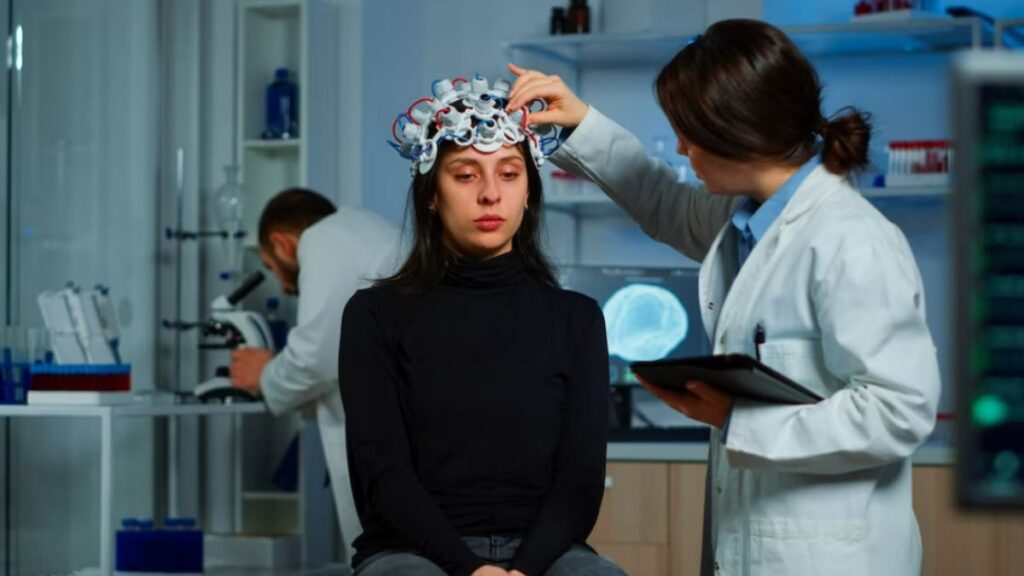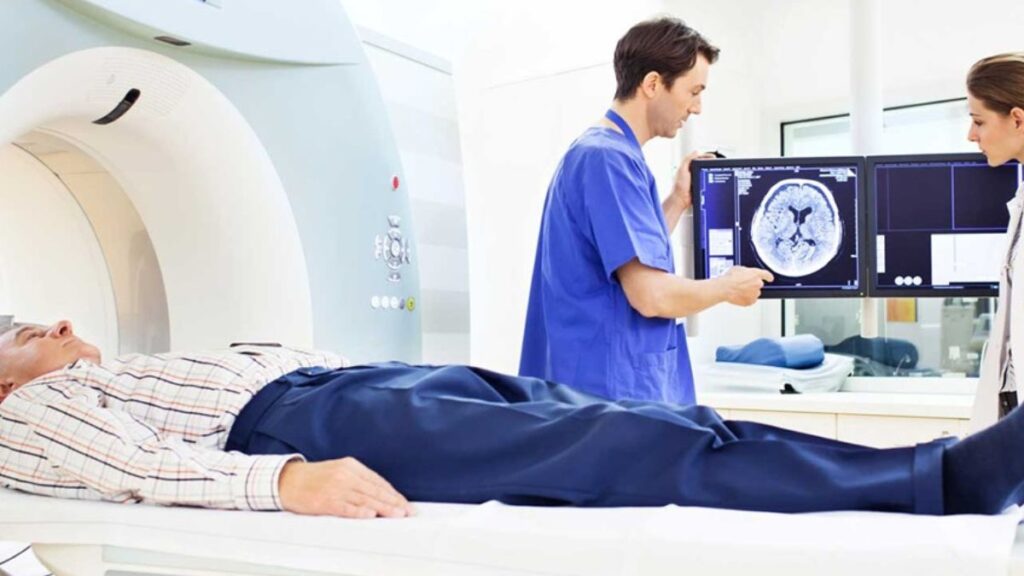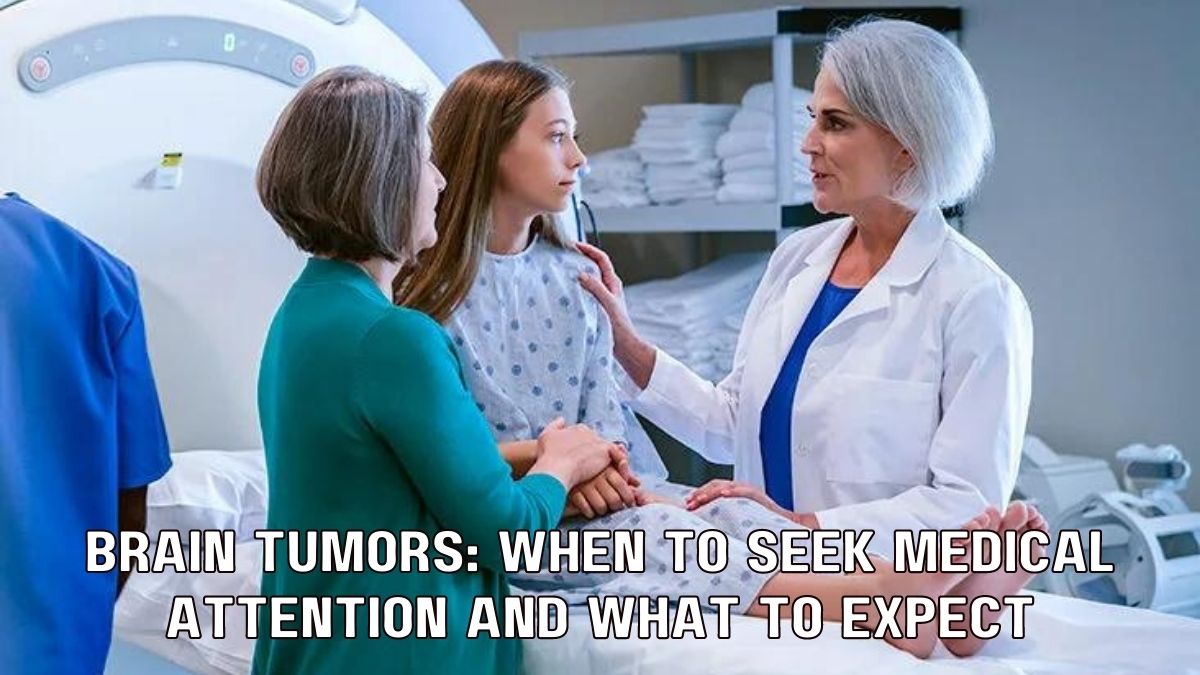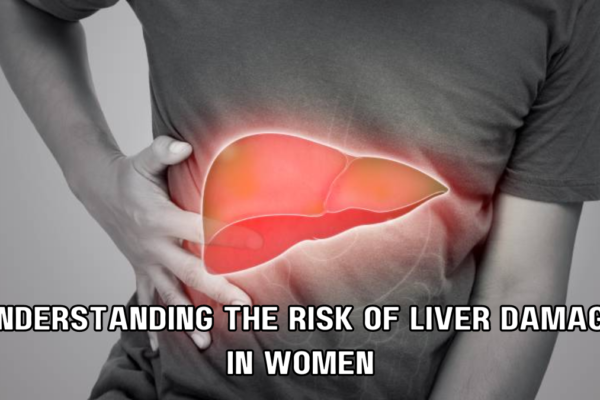Introduction:
Brain tumors are complex and potentially life-threatening conditions that require immediate medical attention. The journey of a brain tumor diagnosis and treatment can be overwhelming and emotional, but early detection and understanding what to expect can greatly impact patient outcomes. In this blog, we will explore the signs and symptoms that warrant seeking medical attention, the diagnostic process, and what patients can expect while navigating the path of brain tumor diagnosis and treatment.
1.Recognizing the Signs:
Awareness of the early warning signs of brain tumors is crucial for seeking timely medical attention. Common symptoms may include persistent headaches, unexplained nausea or vomiting, seizures, difficulty balancing, changes in vision, and personality or behavioral changes. If experiencing any of these symptoms, especially if they persist or worsen over time, seeking medical evaluation is essential for early detection.

2.Seeking Medical Attention:
When faced with concerning symptoms, it is vital not to delay seeking medical attention. Early diagnosis and intervention can lead to more treatment options and improved outcomes. Patients should promptly schedule an appointment with their healthcare provider, who may refer them to a neurologist or neurosurgeon for further evaluation and diagnostic testing.

3.The Diagnostic Process:
The diagnostic process for brain tumors involves a series of tests to confirm the presence of a tumor, determine its location, size, and type. Imaging studies such as MRI and CT scans are commonly used to visualize the brain and identify abnormal growths. In some cases, a biopsy may be necessary to obtain a tissue sample for precise diagnosis.

4.Understanding Treatment Options:
Once a diagnosis is confirmed, patients can expect to work closely with a team of specialists, including neurologists, neurosurgeons, oncologists, and radiation therapists. Treatment options for brain tumors may include surgery, radiation therapy, chemotherapy, or a combination of these approaches. The choice of treatment depends on the tumor type, location, size, and the overall health of the patient.

5.Emotional Support:
The journey of brain tumor diagnosis and treatment can be emotionally challenging for patients and their families. Emotional support is critical during this time. Support from loved ones, joining support groups, or seeking professional counseling can help patients cope with the emotional aspects of the journey.

Conclusion:
Recognizing the signs of brain tumors and seeking timely medical attention is crucial for early diagnosis and effective treatment. The diagnostic process may involve various tests and consultations with specialists to develop a personalized treatment plan. While the journey may be challenging, understanding what to expect and having a strong support system can make a significant difference in patients’ well-being and overall experience. With advancements in medical technology and ongoing research, the future holds hope for improved outcomes and quality of life for those battling brain tumors.












